Scientists Say
A weekly word defined, in a sentence and in context.
-
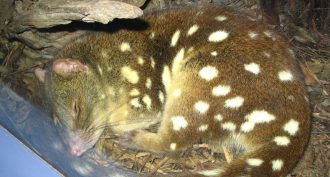 Animals
AnimalsScientists Say: Quoll
This small marsupial is about the size of a housecat. It lives in Australia and New Guinea, where it is under threat from toxic toads.
-
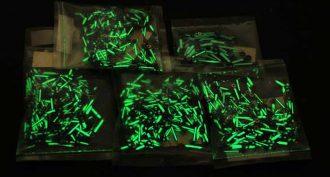 Chemistry
ChemistryScientists Say: Radioactive
Some atoms have unstable centers. They periodically give off energy. This activity has a special description.
-
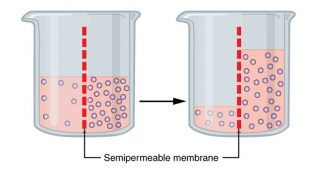 Chemistry
ChemistryScientists Say: Osmosis
When two solutions are separated by a membrane where only the liquid can cross, the liquid will move from the side with a low concentration of dissolved materials to the side with a higher concentration. This movement has a special name.
-
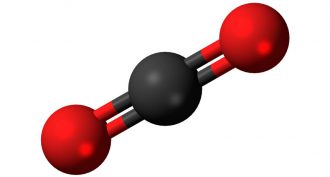 Chemistry
ChemistryScientists Say: Dioxide
Carbon dioxide, sulfur dioxide and zirconium dioxide all have something in common. They are all molecules with two oxygens bound to some other element.
-
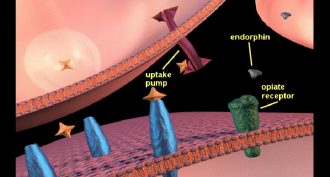 Brain
BrainScientists Say: Neurotransmitters
When brain cells need to communicate, they use chemicals as messengers. These molecules have a special name.
-
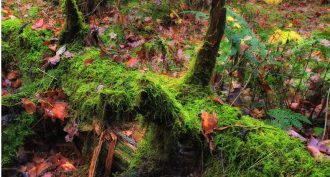 Chemistry
ChemistryScientists Say: Organic
These days you might think organic refers just to food. But it has a completely different meaning in chemistry.
-
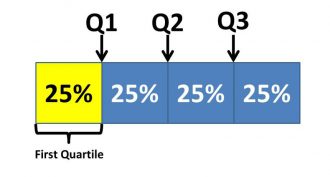 Math
MathScientists Say: Quartile
A quartile might sound like a fourth. But that’s not quite what it is.
-
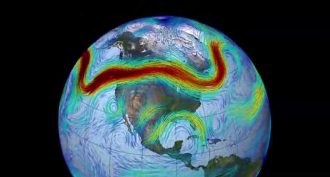 Earth
EarthScientists Say: Jet Stream
You might hear about the jet stream on a weather report, but what is it? We explain.
-
 Plants
PlantsScientists Say: Xylem
How do trees ferry water from the soil to branches hundreds of feet in the air? This week’s word is the answer.
-
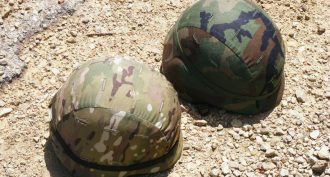 Materials Science
Materials ScienceScientists Say: Kevlar
Many people hear Kevlar and think of body armor. But this polymer is in so much more.
-
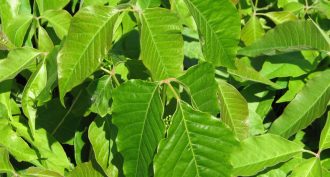 Plants
PlantsScientists Say: Urushiol
Poison ivy looks harmless, but its oil, urushiol, is not. This is the plant’s oil that leaves an itchy rash or blisters on your skin.
-
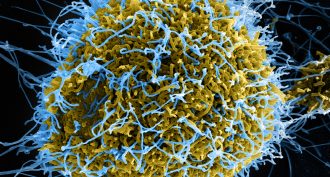 Health & Medicine
Health & MedicineScientists Say: Virulence
The virulence of a germ is a measure of its potential to cause disease.